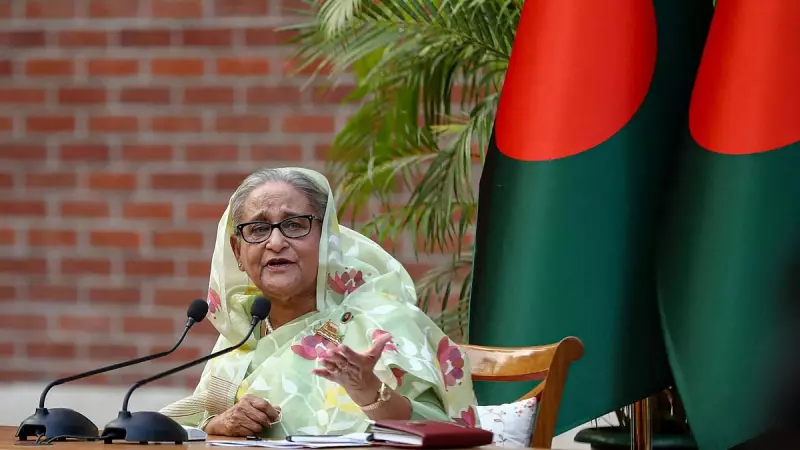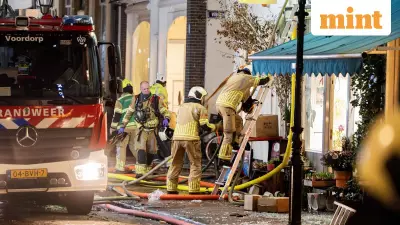
A special tribunal in Bangladesh is poised to deliver a crucial verdict against deposed Prime Minister Sheikh Hasina, with security forces implementing shoot-at-sight orders in Dhaka to prevent potential violent protests. The high-stakes legal proceeding has drawn international attention as the nation awaits the court's decision.
Imminent Verdict and Security Measures
The tribunal's ruling, scheduled for November 17, 2025, comes amid unprecedented security arrangements throughout the capital city. Authorities have issued strict shoot-at-sight orders against anyone engaging in violent protests, indicating the government's determination to maintain order regardless of the verdict's outcome.
Security forces have been deployed in strategic locations across Dhaka, with particular focus on government buildings, court premises, and potential flashpoints for political demonstrations. The extraordinary measures reflect concerns about possible civil unrest following the tribunal's announcement.
Family's Grave Predictions
Sheikh Hasina's son, Sajeeb Wazed, has made alarming predictions about the expected outcome. "Know exactly what the verdict is going to be," Wazed stated. "They're televising it. They're going to convict her, and they'll probably sentence her to death."
His comments highlight the family's apprehension about the judicial process and their belief that the verdict is predetermined. The televised nature of the proceeding adds another layer of transparency—or spectacle—to this politically charged case.
Political Context and Implications
The case against Sheikh Hasina represents a significant moment in Bangladesh's turbulent political landscape. As a former prime minister and influential political figure, her legal fate carries substantial implications for the country's democratic institutions and political stability.
The timing and circumstances of the verdict have raised questions among international observers about judicial independence and the use of legal proceedings for political purposes. The government's drastic security measures suggest anticipation of significant public reaction regardless of the ruling.
As Bangladesh awaits this landmark decision, the world watches how this South Asian nation navigates this critical juncture in its political history, balancing legal processes with maintaining public order during potentially volatile circumstances.





